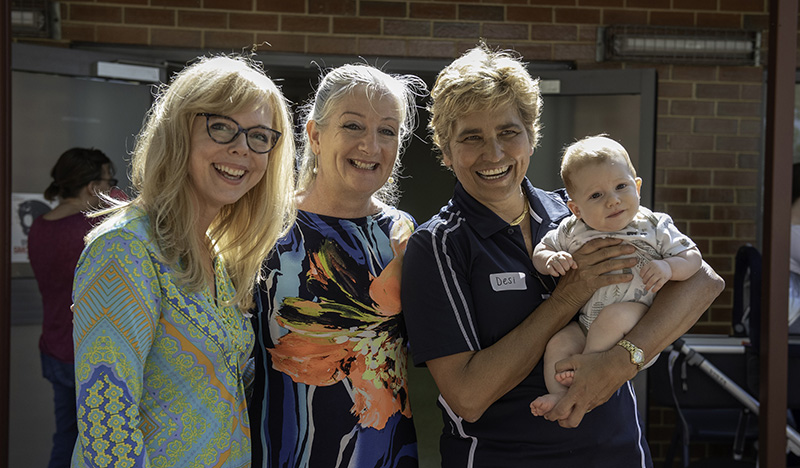Search
Find out more about the activities and highlights of ORIGINS.
Meet the directors and researchers that make up the team behind ORIGINS.
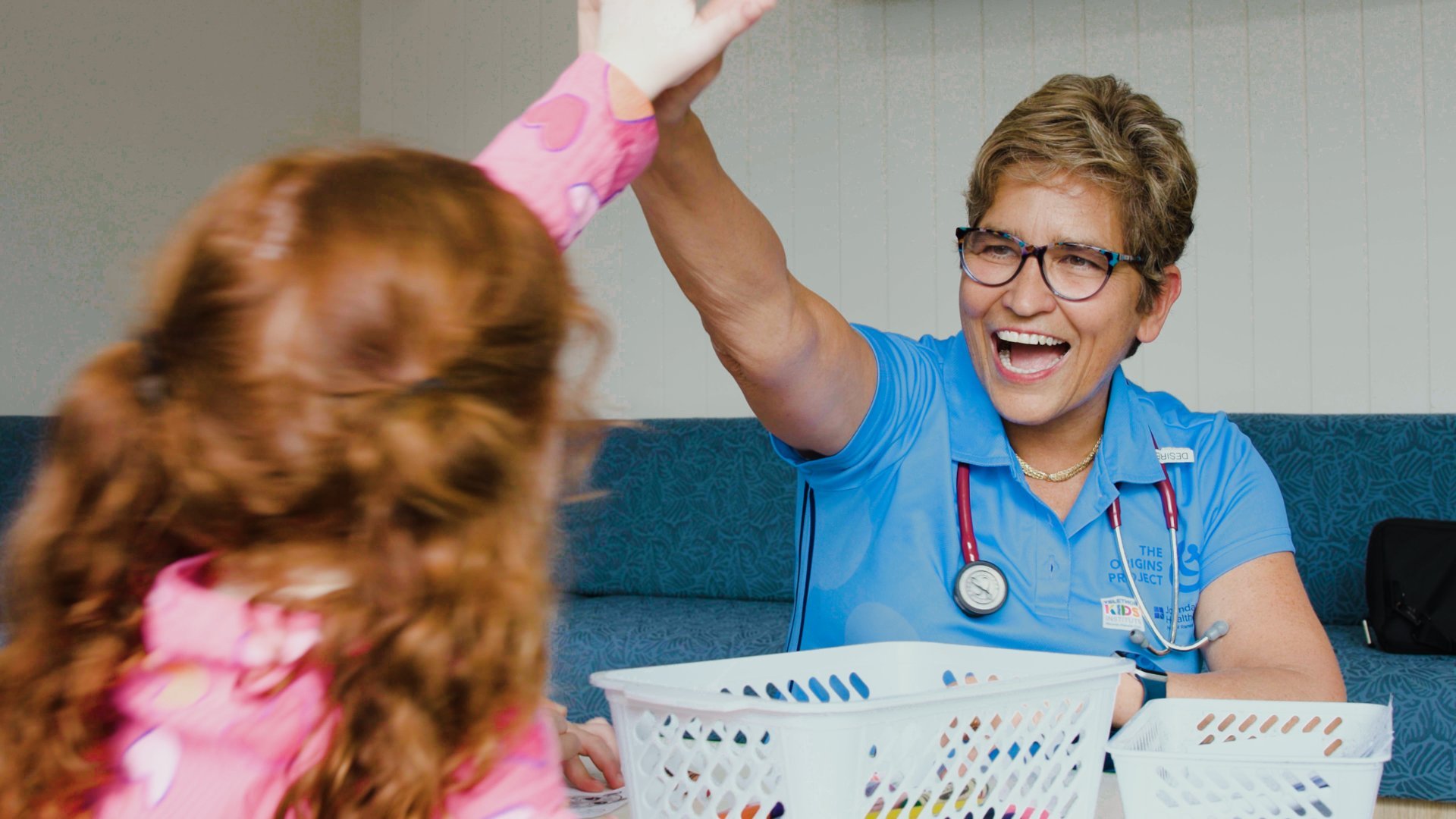
News & Events
Research Australia: Low iron link to kids' mental health and behaviour issuesRead our contribution to Research Australia's INSPIRE magazine in their 'Prevention' edition.
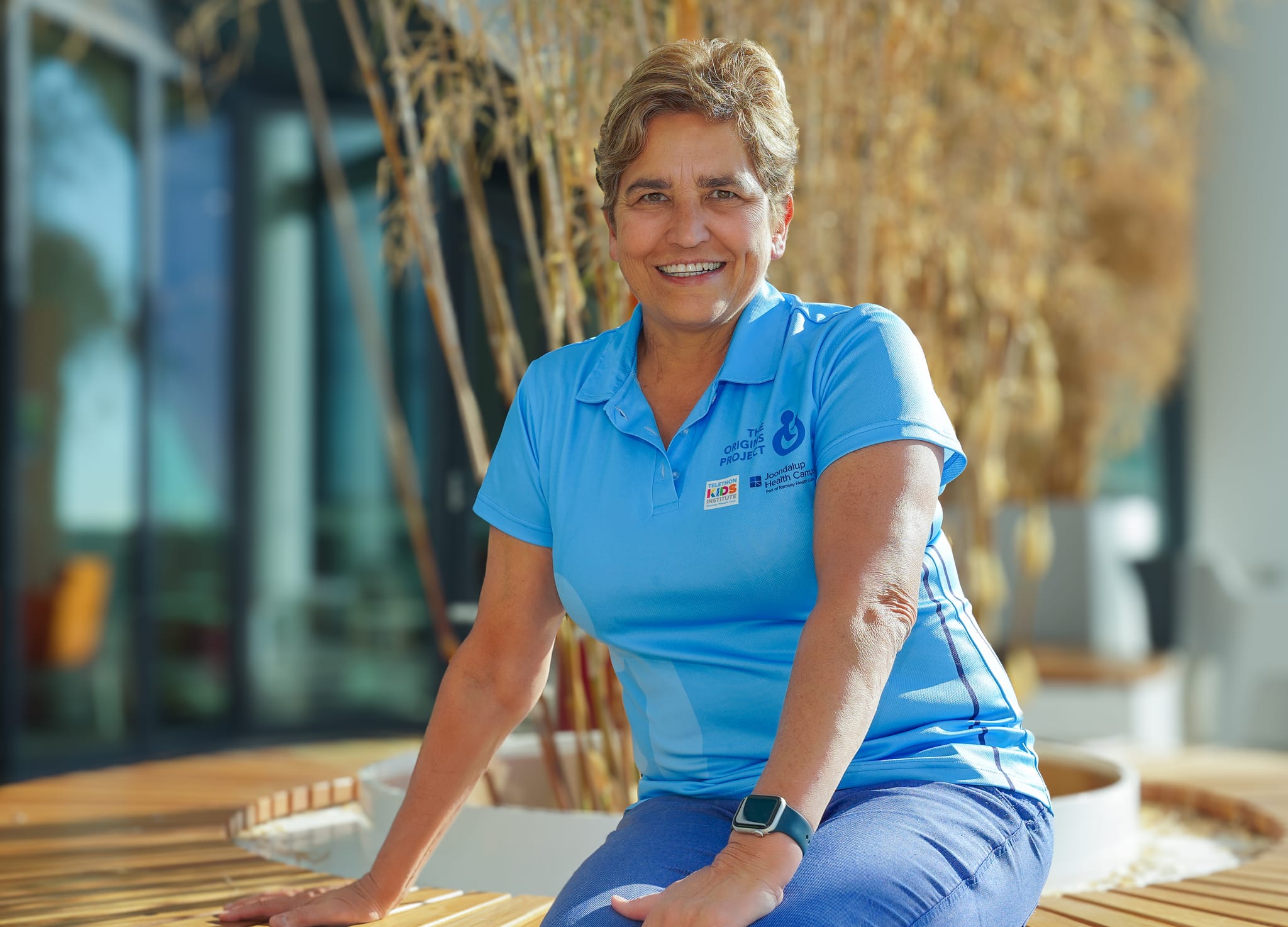
News & Events
ORIGINS Co-Director nominated in the 2024 Western Australian of the Year AwardsORIGINS Co-Director nominated in the 2024 Western Australian of the Year Awards
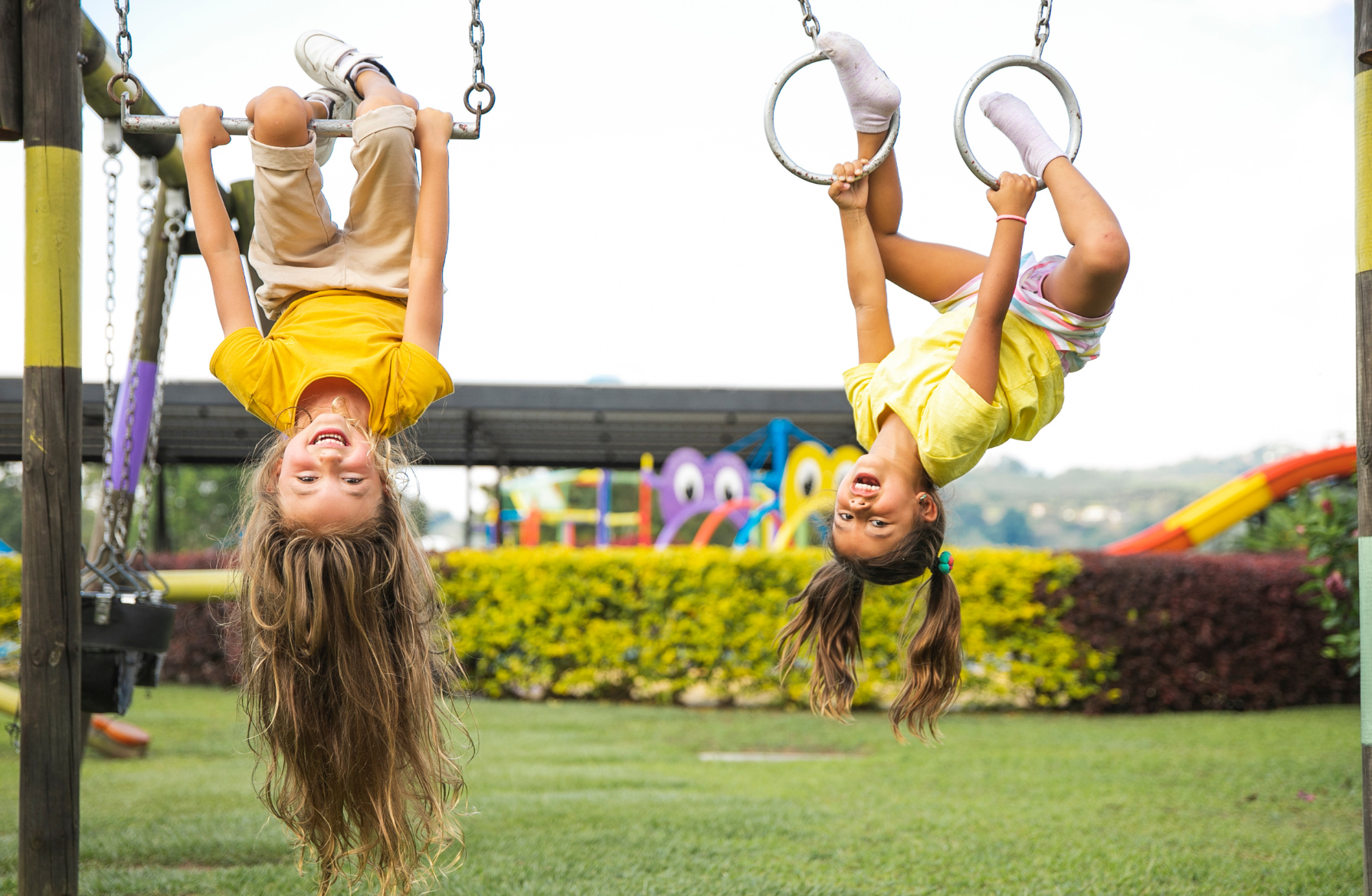
News & Events
What’s in the air for AERIAL: ORIGINS Study publishes protocolORIGINS Study publishes protocol

News & Events
New Study ‘Plugs’ Digital Intervention for Perinatal Mental HealthNew Study ‘Plugs’ Digital Intervention for Perinatal Mental Health
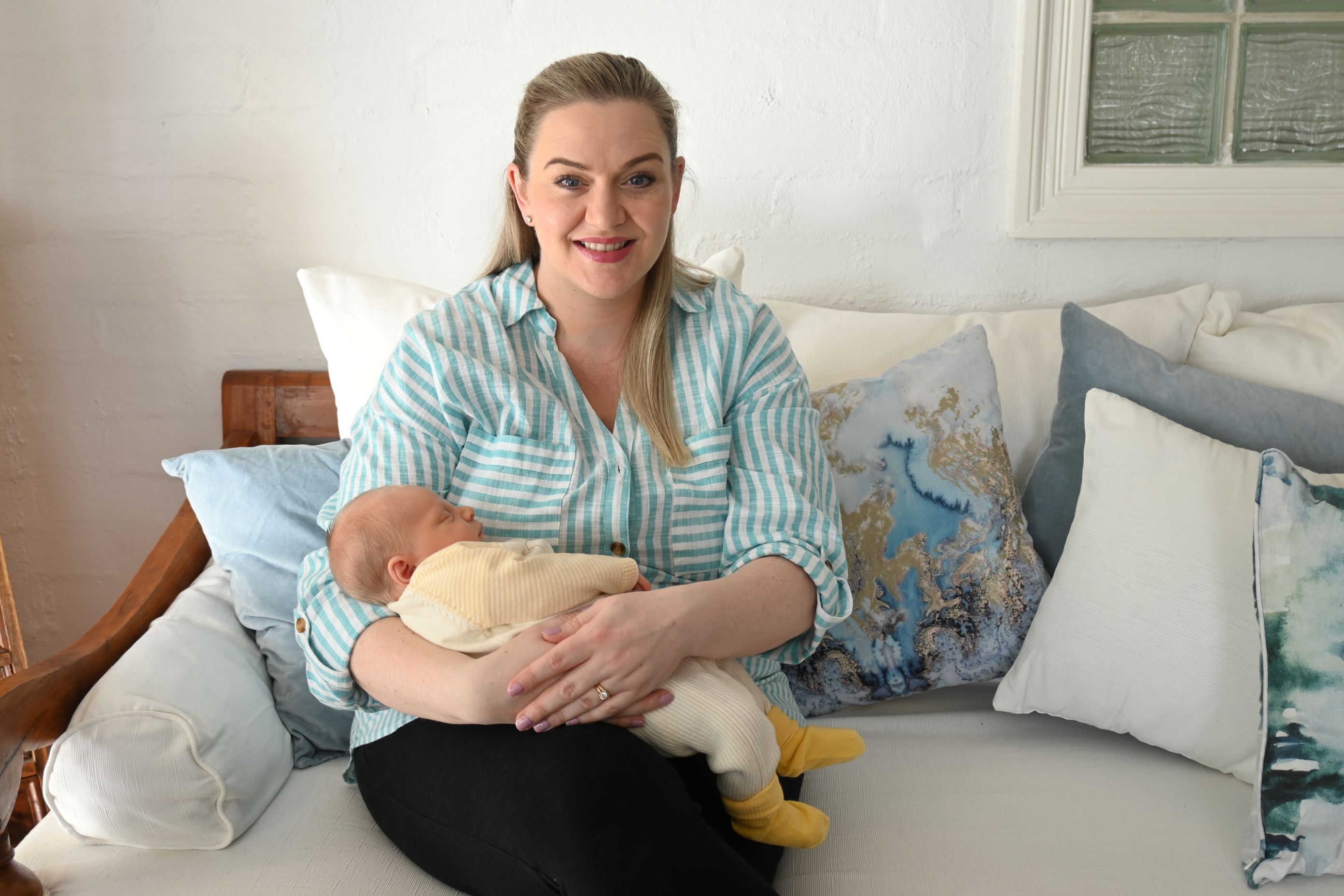

News & Events
Virtually More ConvenientORIGINS is now offering telehealth appointments for the paediatric assessment at the one- and three-year timepoints
News & Events
The ORIGINS Project on Channel 7 NewsCheck out Ch 7 News feature on The ORIGINS Project here
